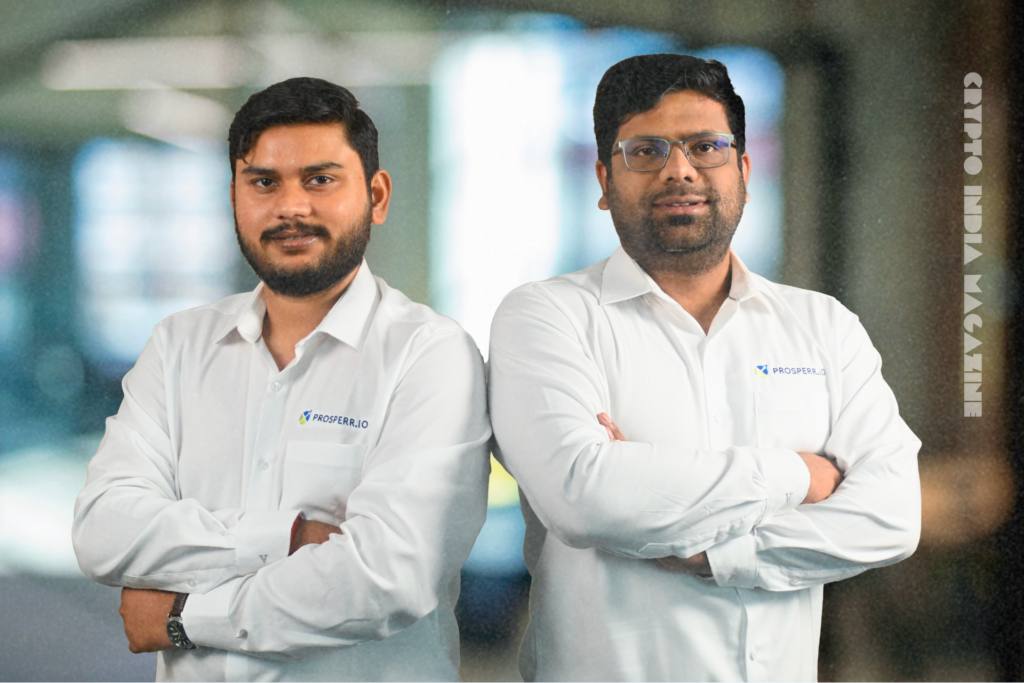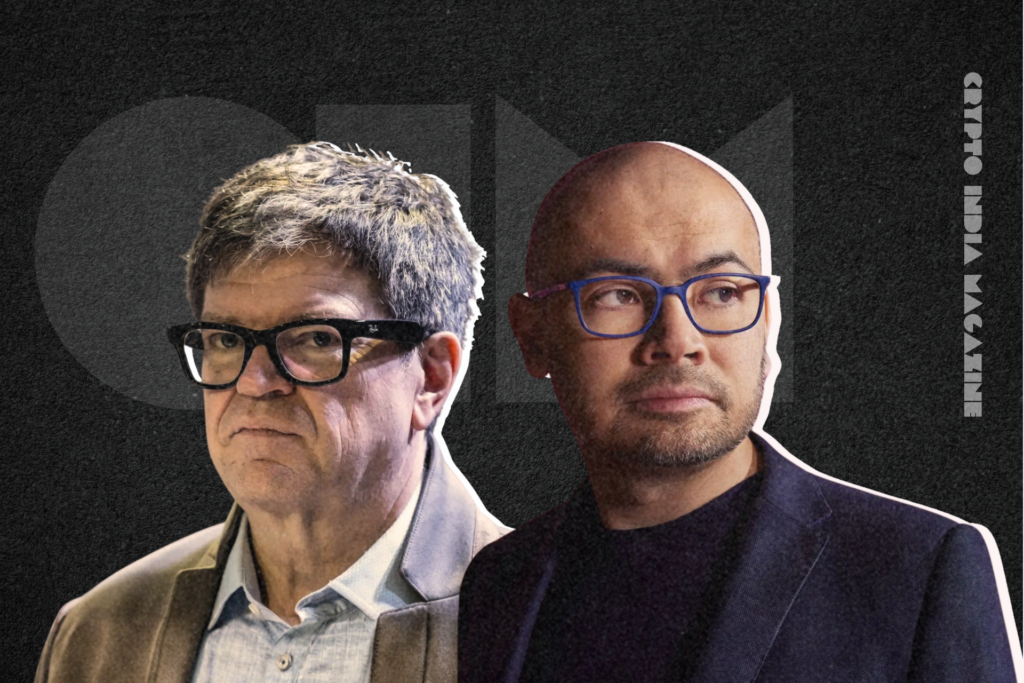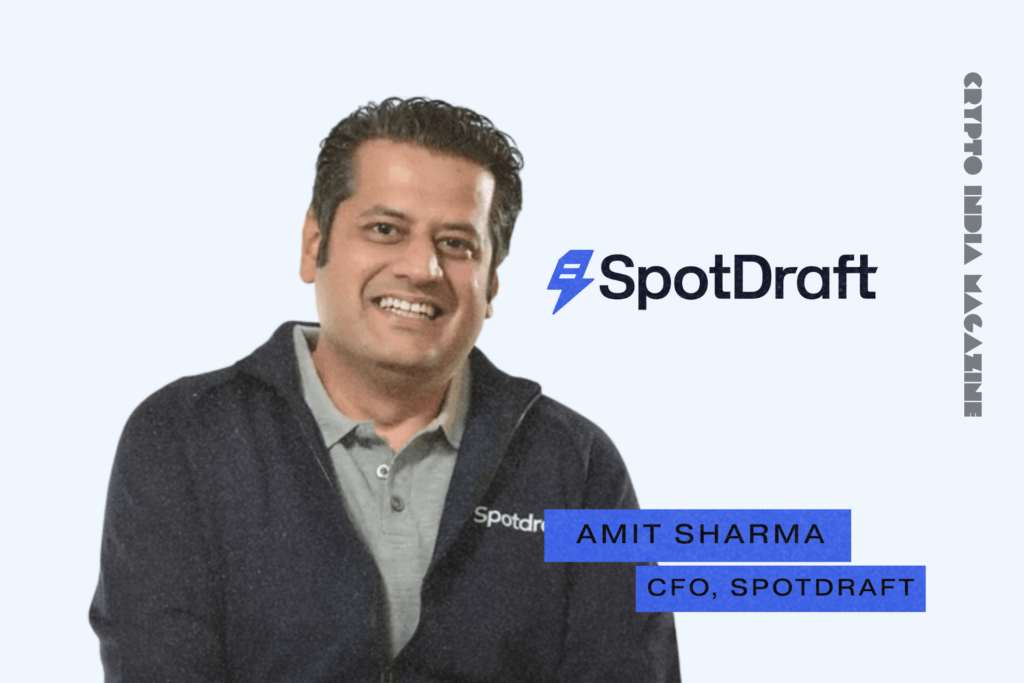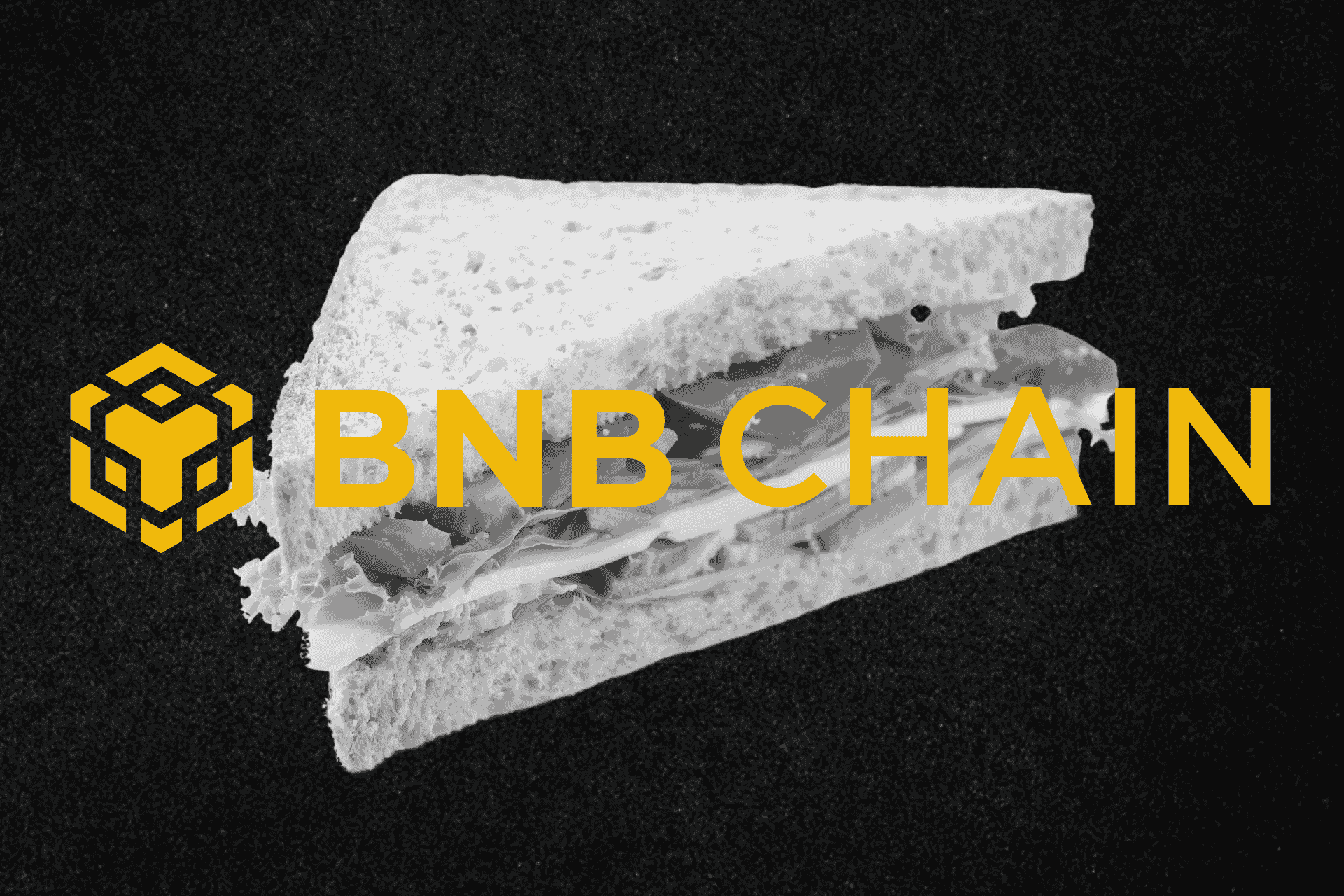Now Reading: Hugging Face CEO Flags Censorship Risks in Chinese Open-Source AI
-
01
Hugging Face CEO Flags Censorship Risks in Chinese Open-Source AI

Hugging Face CEO Flags Censorship Risks in Chinese Open-Source AI
- Hugging Face CEO Clement Delangue raises concerns over Chinese open-source AI models, warning of censorship and geopolitical influence risks.
- Chinese AI models excel in reasoning tasks but face criticism for government-imposed restrictions, including censoring sensitive political topics.
China’s open-source artificial intelligence (AI) models have drawn significant attention for their performance in tasks like coding and reasoning, but their built-in censorship has sparked controversy. Critics, including OpenAI employees, have raised alarms about the models’ inability to address sensitive topics such as the Tiananmen Square massacre, reflecting government-imposed limitations.
Clement Delangue, CEO of Hugging Face, the world’s largest platform for AI models, voiced similar concerns during a recent podcast in French. Delangue warned of unintended consequences if Western companies rely on Chinese-developed AI systems.
“If you create a chatbot and ask it a question about Tiananmen, it won’t respond the same way as a system developed in France or the U.S.,” he said.
Delangue cautioned that China’s growing dominance in open-source AI could lead to the global dissemination of ideologies that may not align with Western values. He described the concentration of leading open-source models in China as a “fairly new development,” emphasizing the importance of distributing AI capabilities more equitably across nations.
China’s success in open-source AI is partly attributed to its rapid adoption of the movement, with Delangue noting that Chinese AI is quickly catching up to its Western counterparts. Hugging Face itself has become a platform for Chinese companies to showcase advanced large language models (LLMs). Recently, the platform’s default model on HuggingChat was updated to Alibaba’s Qwen2.5-72B-Instruct, which reportedly avoids censorship of sensitive topics like the Tiananmen protests.
However, not all Chinese models follow this pattern. Another model from Alibaba’s Qwen family, QwQ-32B, actively censors such topics, as confirmed by TechCrunch. Similarly, DeepSeek, a Chinese AI model praised for its reasoning abilities, also enforces strict censorship of politically sensitive content.
Chinese AI companies operate under significant government pressure, requiring their models to align with “core socialist values” and comply with the state’s extensive censorship policies. Despite these constraints, Delangue predicts that China could lead the global AI race by 2025.
A Hugging Face spokesperson declined to comment further but underscored Delangue’s earlier remarks about the shifting balance in global AI development.
Editorial Note: This news article has been written with assistance from AI. Edited & fact-checked by Harshajit Sarmah.








